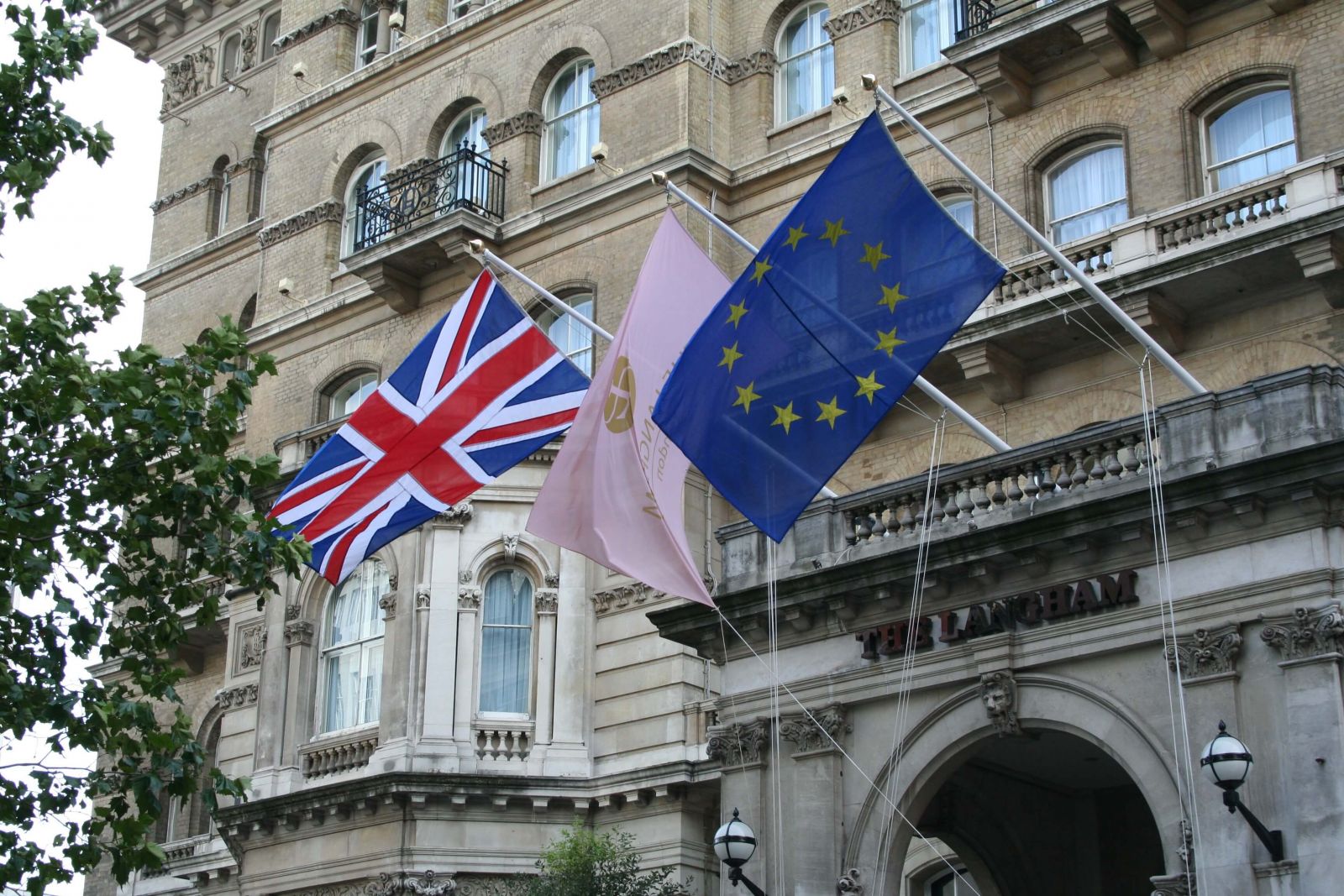Site currently under construction.
Despite the political and economic turmoil and hints of a looming recession, Europe remains the top choice for investors, especially those from Asia and, to a lesser extent, the Middle East. Major Asian investors, who are gung-ho on yields and do not shy away from risk, continue to shape Europe’s hotel landscape. That ebullience does not mean that challenges are not visible for those investors who placed supply at the top of the list above geopolitical issues.

Director of French real estate management company PAREF Group, Jacek Kułakowski, whose main shareholder is Chinese owner Fosun, said Chinese capital is fueled by two considerations: the notable rise of Chinese outbound travelers and the three overriding concepts of Chinese expansion, health, wealth and happiness. “Chinese tourist numbers have risen from 10 million in 2000 to 160 million today,” he said at the recent Hotel Investment in Europe Conference.
Those visitor increases mirror the increase in Asian investment, including other regional players such as Thailand. Dillip Rajakarier, chairman and CEO of Thai hotel owner Minor International, spoke of his company’s 94.1% buy of Spanish hotel operator NH Hotels in October 2018 for approximately US$2.5 billion.
“Minor would have been happy with 55% of NH, as we had to run around and get funding, but the good thing is that in Asia there is a lot of cash, and it is cheap money. We were able to raise debt across all the region, and we did not want to dilute our existing shareholders. We bought NH at a 10-times multiple, so the deal was accretive to shareholders. Yes, it was a painful transaction, but most value transactions are not easy. It took more than a year as the shareholders were quite fragmented.We got a 1.2% euro interest rate after the Thai bond was converted.When we tried to raise money three years before that in our buy of Tivoli Hotels in Portugal, we could not do as well. Then, it was 5% interest. The timing on the NH deal was fantastic, as the euro was weak. ”commented Dillip Rajakarier in an interview with Thailand Hotel News.
He did mention that currency exchange flows both ways.“Now the earnings are in euros,and they are then converted into Thai baht. Well, you cannot have it both ways,” Rajakarier said.
Will Duffey, managing director and co-head of European transactions for JLL’s Hotels & Hospitality Group, said Singapore also is a major player in Europe. The U.S. remains at the very top, he admitted, although its companies largely have different strategies in how they deploy capital and how they return that capital to shareholders.
“South Korea, too, is big, mainly in lease and Israel has come from nowhere in the last 18 months, creating huge portfolios, and if you ask what is driving that, all you need to see is that bond markets are at 3% in Israel, but if they invest in assets that provides around 6%,” he said. “For many Asian firms, hotels are now core assets sitting in investment portfolios that need to be more diversified.”
“They are not just looking to only place capital in existing assets,” he said. “Now is a time of reincarnation.”
Borhani added 85% of Asian capital is return-focused, rather than product-focused.
Duffey said supply is the true headwind in Europe.
“Can it be absorbed, and how does it impact the current stock?” he asked.
Minor’s Rajakarier said good management can do much to offset any problems, returning again to the weight of capital in Asia and the attractiveness of investing it in Europe.
“Thailand goes through some sort of crisis every year, but we come out of them pretty well,” he said, adding that when Indian tourists catch up current outbound Chinese numbers, they would not have Europe at the center of their travel plans.
With so many European nations to choose from, there are pros and cons to all of them, panelists said, and yield rules the show.
Budapest yields 7% while London is closer to 3%, but investors have to be comfortable in Hungary, Duffey said, referring to the country’s headline-grabbing politics.
Kułakowski said Italy has potential, as it remains very fragmented and is popular with Chinese travelers, while Borhani said that skiing is a major draw for Chinese.
“There are 850 ski resorts in China. Few people realize that,” he said, hinting that Chinese travelers would not just come to Europe to see major landmarks.
Rajakarier said the influx of Asian visitors remains very, very low.
“Only 8% of Asians are coming to Europe, and NH gets 1% of that, but their average spend is higher and average length of stay is longer,” he said.
He said in Europe there is a lot of mobilization in a lot of currencies.
“Consider the Greene King deal, when all thought pubs were over. There is a lot of dry powder in Asia,” He addedsa, referring to Hong Kong-based CK Asset Holdings’ buy of the Norfolk, England-based brewer and pub- and country house-style hotel operator for approximately £4.6 billion ($5.6 billion).
He added that Middle Eastern firms currently are net sellers. “They are proud sellers, selling off-market and not shouting about it,” he said. “They still like London, and Brexit is something that will give in eventually, and I see capital even still looking at trophy assets in London, believe it not.”